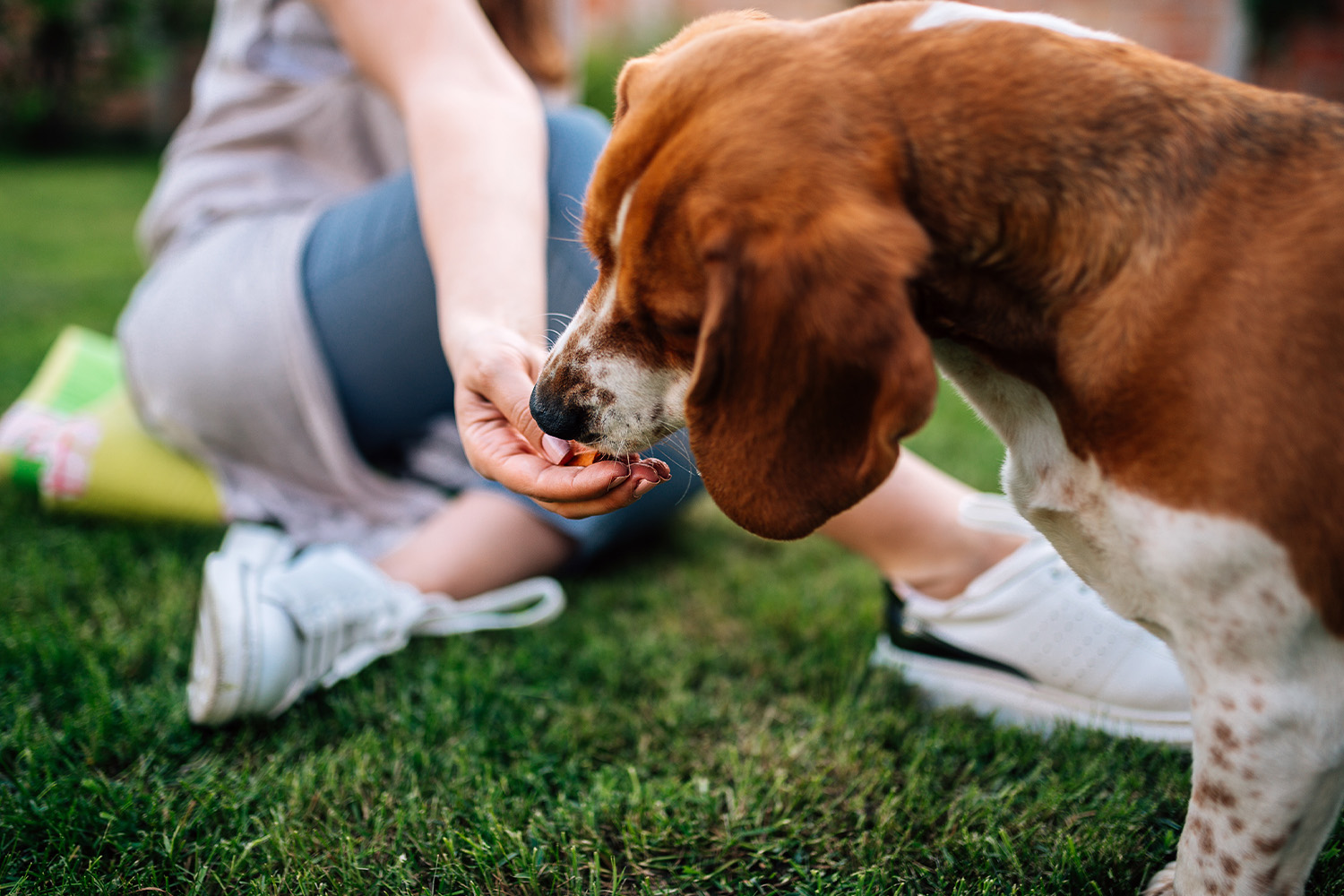
If you’ve ever eaten yogurt, you’ve likely ingested a probiotic. There is plenty of marketing about the benefits of probiotics for humans, but can probiotics for dogs give our canine family members the same potential health advantages?
Our team has compiled the information you need to know about probiotics and how they work and help you decide whether they may be right for your dog.
What Are Probiotics?
When you look at your dog, what do you see? You likely focus on the features you love the most about them — their floppy ears, their wagging tail, the way that their eyes are slightly different colors, etc.
But your dog is so much more than that. Like most other creatures on Earth, our dogs are made up of complex colonies of microscopic bacteria and fungi. Don’t panic, though, because the vast majority are working hard at keeping the body balanced — helping to digest food, control and protect the immune system, fight off harmful bacteria, etc.
Together, these colonies are known as the microbiome; without them, your dog would likely be in a world of trouble. So, where do probiotics come in?
Probiotics are a combination of live bacteria and other microbes that help support and boost your dog’s existing microbiome, specifically the one that lives in their digestive tract — Bifidobacterium animalis, Enterococcus faecium, and Lactobacillus acidophilus, for example.
Each has its own specific target, but they also work together to create more general results. These beneficial bacteria and microorganisms are commonly measured in CFUs, or colony-forming units, the number of live microbes found in each serving.
Probiotics work even better when paired with a prebiotic, supplements that are meant to be taken first and function as “fertilizer.” Prebiotics can also work well on their own, feeding the friendly intestinal bacteria already present in your dog’s gut.
What Are the Benefits of Probiotics for Dogs?
There are many potential health benefits of using probiotics for dogs, although not all of them have been conclusively backed by lengthy scientific research. When you help ensure that your dog has all the good bacteria they need to maintain a healthy digestive tract, you’re also giving them the right tools to support the rest of their body.
Support Immune and Digestive Systems
One of the most significant benefits of probiotics supplements for dogs is their potential to support the immune and digestive systems. Most probiotic usage is aimed at managing gastrointestinal concerns — gas and diarrhea, specifically.
You may think of the immune and digestive systems as separate things, but they’re far more connected than you may know. About 70 percent of the immune system is located inside your dog’s gastrointestinal tract, which makes it crucial for stopping pathogens from spreading further into their body. Probiotics help to support a healthy gut, which also supports healthy immune function.
But the most obvious benefits of probiotics in dogs occur in their digestive tract. Because your dog ingests probiotics in some way (usually in a chewable form or something you can add to your dog’s diet), the first stop on its journey is into the stomach.
Once inside your dog, they work to balance gut flora and change local stomach acidity and digestive enzymes to make it a healthier, more supportive environment for gut bacteria. The result of a healthier, more well-balanced gut are numerous — less bloating, more well-formed poop (less diarrhea or constipation), less gas, etc.
If you’re looking to treat a specific issue, pay attention to the type of probiotic strains present. Bifidobacterium animalis, for example, is beneficial for helping dogs with acute diarrhea, and Lactobacillus acidophilus helps improve the quality and frequency of bowel movements.
In addition to the immune and digestive systems, probiotics may also be beneficial for helping support and maintain the urinary tract. A pet probiotic may be a small piece of your dog’s routine, but it can have a significant impact.




